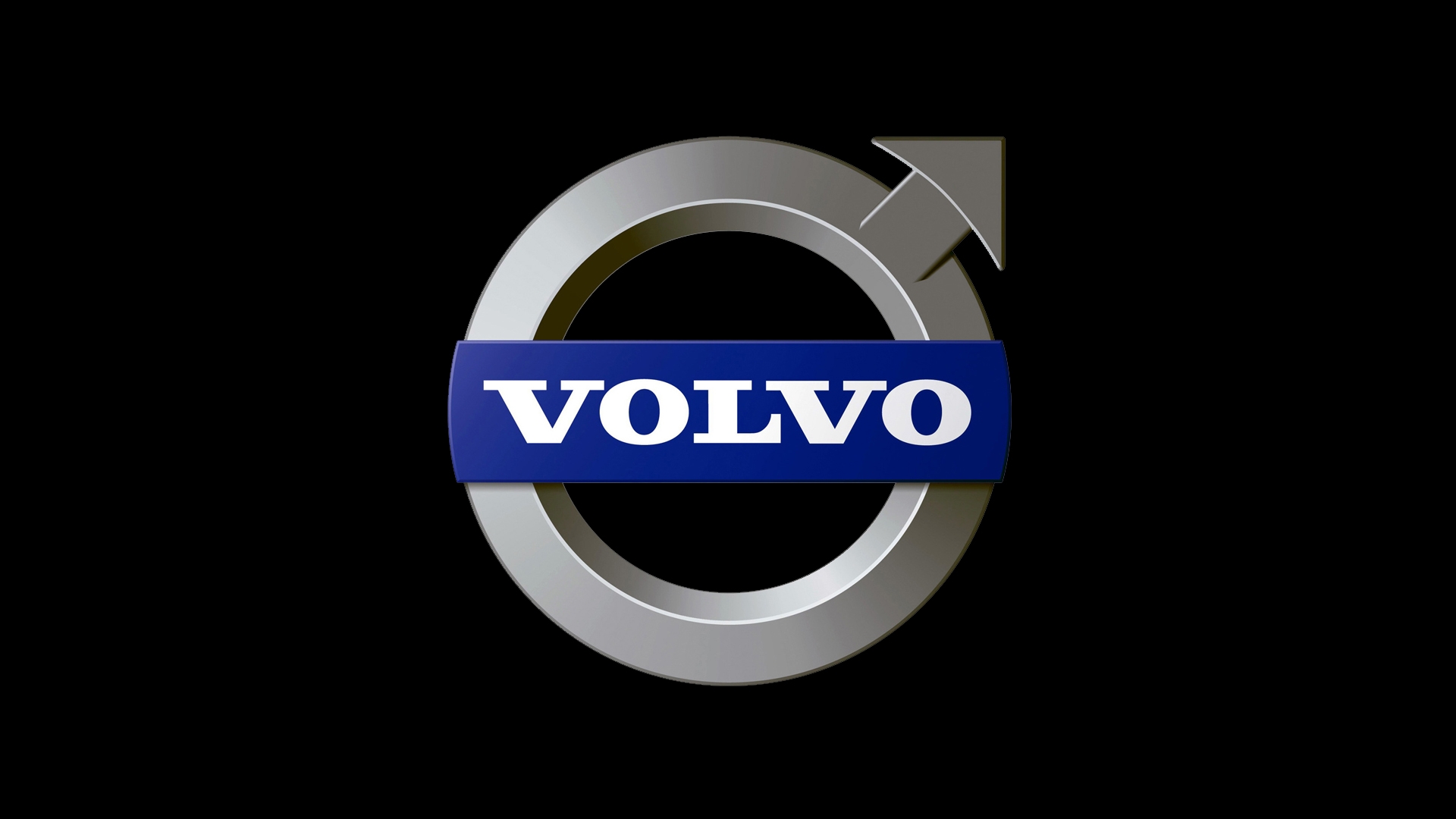Swedish carmaker Volvo is reported to have invested more than £800 million to prepare for its transition to fully electric vehicle production.
The manufacturer, which will officially switch to electric cars in 2030, will over the next few years increase the capacity of its largest factory in the Torslanda region, Sweden, by focusing on sustainable manufacturing technologies and processes.
“With this investment, we are taking an important step towards our all-electric future and preparing for an even more advanced and better electric Volvo,” said Hakan Samuelsson.
See also: Ride Pilot, autonomous driving feature for Volvo Cars
“Torslanda is our largest factory and will play an important role in our ongoing transformation as we move to become a pure electric carmaker by 2030,” he continued.
Volvo will also introduce so-called mega-casting, a method of producing aluminum parts that, according to some car manufacturers, provides “a number of benefits” in terms of sustainable production, cost efficiency and car performance.
Mega-Casting
Mega-Casting is a system that Tesla also uses to build its crossover car, the Model Y. This system involves manufacturing the main components of the car into just one aluminum piece, instead of breaking it down into smaller pieces like the conventional way.
“We saw our starting point as expanding the rear floor, where we replaced a hundred sections into one,” said Mikael Fermer, Volvo platform architect.
See also: Volvo Developing Compact Electric SUV based on Geely’s SEA platform
“This has several clear benefits, such as a reduction in manufacturing complexity,” he continued.
Volvo claims, the fusion of one hundred parts into one part will increase energy efficiency and optimize user comfort with a wider cabin, and of course more cost-effective production.
“What I find really attractive is the design flexibility you get. This enables something completely new where you can optimize the product for each vehicle or each segment in a way that you cannot do with traditional platforms where you have a predefined scale,” explains Fermer.
Other changes at the Volvo manufacturer also include the addition of a new battery assembly plant that will be used to integrate battery cells and modules into the floor structure of Volvo cars.
Meanwhile, Volvo’s logistics area will also be updated, plus the paint shop will be upgraded with the presence of new painting machines which are expected to contribute to reducing energy consumption as well as reducing emissions.

